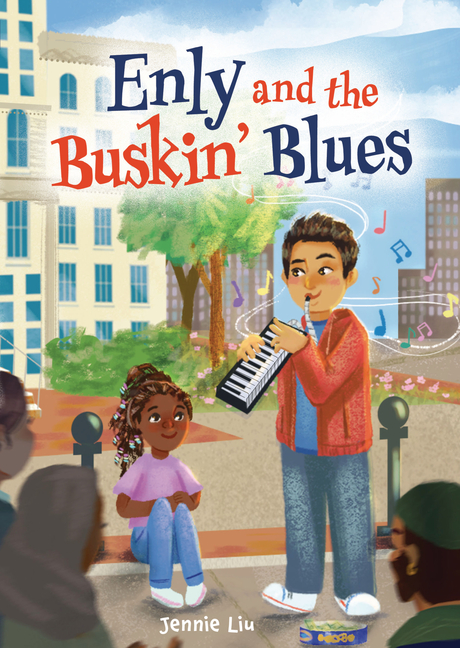
Trying Not to Lose a Reader
As a parent I thought I’d done a great job cultivating my sons to be voracious readers. I took them to the library once or twice a week, carried home bags of fifteen or twenty books, and read to them every day even when I was exhausted and had no idea what was coming out of my mouth. I was elated when they began to read to themselves, which they did widely and avidly for many years. But as they approached middle school years, I noticed they were reading less and less, tending more toward nonfiction when they did read, and passing on going to the library with me. I still wanted them to read, so I selected books for them and left them in delicious piles all over the house hoping to tempt them into picking them up.
One day, my (then) fifth grader went eagerly to a haul of books, but as he flipped through them, I saw his posture slump, and he said dismally, “Why do you always bring home sad books about kids having some really bad struggle?” It was true that this type of book often dominated my stacks. I like a story of overcoming hardship, one that addresses social issues, and reminds us that there are people with great difficulties in their lives. These were the kinds of books I wrote.
I told my son all this, but in the back of my mind the words of our children’s librarian from a conversation we had had years earlier jumped into my head. There are books that teachers and parents want their kids to read, and there are books that kids want to read.
Around the time of that conversation, I was looking for a new novel idea. My son came home from school and reported that his Spanish teacher had played her accordion for the class. He wanted to buy one to busk downtown. I suggested he ask his piano teacher where he could purchase a used one, and that was when he was introduced to the melodica. I could hardly contain my excitement when I saw the instrument, not only because my son was finally motivated to put his piano lessons to use, but also because I suddenly saw a story.
I decided I would write the sort of fun, fast-paced caper that would hopefully appeal to all kids, but especially to the more reluctant reader. To really be the kind of book that kids want to read, I wanted to pack the story with music, humor, cringy moments, and all sorts of elements that I pulled from my kids’ life and our neighborhood.
But as an author, it’s difficult not to slip in some background of hardship and social matter. Enly’s world is set in a gentrifying tourist town, based on our own little city. In the last fifteen years our formerly sleepy haven has been named on endless best places lists, which has greatly changed the landscape, affordability, and character of our city. Unfortunately, I watched low and median income families get outpriced of the city limits and a huge increase in people experiencing homelessness. I’m always concerned about people who are pushed to the margins and in Enly and the Buskin’ Blues (Lerner, 2023), I wanted to give them a prominent role in Enly’s community.
But back to reading for pleasure. I’m desperate for my own boys to continue reading, particularly to continue reading fiction, because putting oneself in another person’s life is an avenue to being a better human. So, whether it be goofy stories, graphic novels, or Stephen King, I’ll serve them up heaping stacks.

Text and images are courtesy of Jennie Liu and may not be used without express written consent.


Leave a Reply